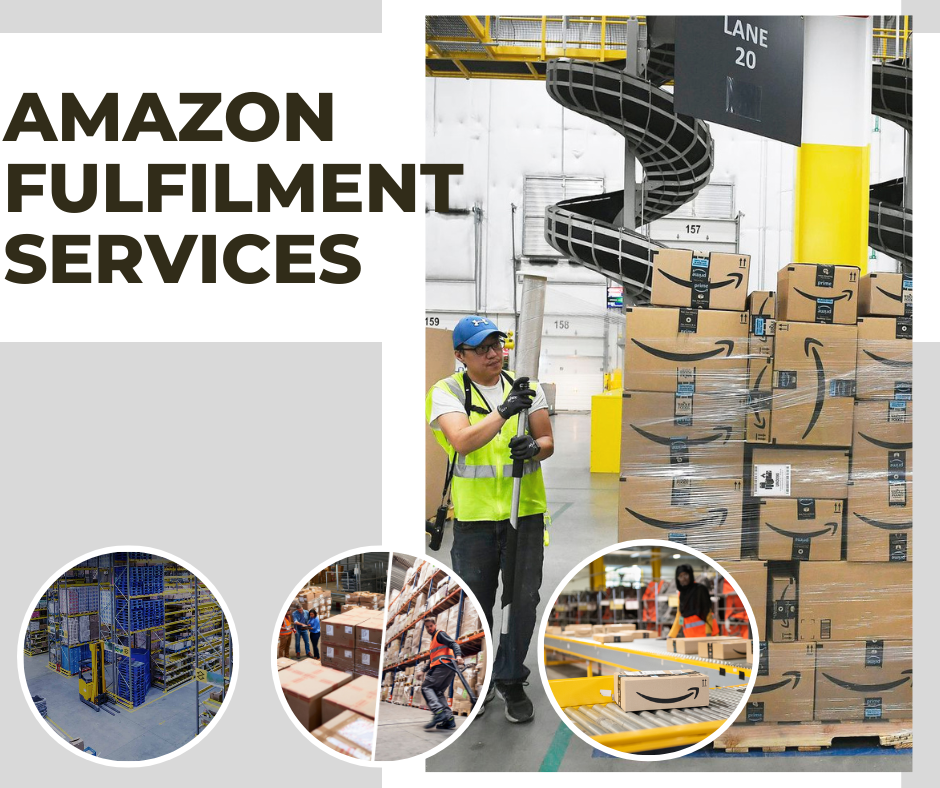
In a broader sense, the term "logistics" refers to the act of organizing and transporting resources, such as people, goods, inventories, and equipment, from one location to storage at the intended location. The transportation of supplies and equipment to troops in the field is referred to as logistics in the military.
It is common and noticeable to use third-party logistics. However, the importance of 3PL, 4PL, and 5PL in supply chains is growing. Here is all the information you require to comprehend 4PL and 5PL.
3PL, or third-party logistics
The supply chain management and logistics for getting an industry’s products to its customers are outsourced to third parties. 3PLs provide receiving, storage, packaging, and delivery services among their logistics solutions. As benefit services, several 3PL providers also offer additional logistical services. These involve sourcing, kitting and assembly, postponed packing, stock management, and others.
The Advantages of 3PL Logistics
● 3PL stores your products at their fulfillment facilities. You may examine the stock level and daily sales volume. If you have either too much or not enough inventory available at any given time, this might help provide insightful information.
● You can avoid making big investments in infrastructure by working with a 3PL supply chain management company, as it can offer transportation, storage space, people, and tracking technology, among other things.
● By contracting logistics, your company will be able to concentrate on its core strengths rather than having to manage non-core yet crucial operations. Without using internal systems, your company can benefit from the logistical experience.
4PL, or fourth-party logistics
The same logistics services as 3PL firms are also offered by 4PL organizations, which also supervise and coordinate these activities. They are essentially an improved form of 3PL providers.
The actions of 3PLs that manage particular facets of the distribution chain may be coordinated by a 4PL. A 4PL has no predefined framework, and some large 3PLs might even provide 4PL services as part of their clientele.
The Benefits of 4PL
● A 4PL provider serves as a centralized point of contact for you and a variety of suppliers and logistical companies. They save you from having to attempt to communicate with a large number of suppliers in a fragmented manner.
● 4Pl suppliers can present your company with a solitary, unified view of the truth. It is due to cutting-edge software and data analysis solutions. This data's correctness and coherence are essential since even a seemingly insignificant delay in the supply chain might halt operations.
● 4PLs could occasionally be more flexible than a corporation with its resources because they don't often own any trucks or storage facilities. Finding the best supplier to meet the client's demands will be their top priority whenever possible, as opposed to attempting to use their resources.
5PL, or fifth-party logistics,
On behalf of several clients, 5PL companies plan, build, and execute logistics solutions and technology. Fifth-party logistics providers are different from fourth-party logistics services in that they place a strong emphasis on e-business solutions. 5PLs are dedicated to working together to cut costs. To obtain better prices, they will combine 3PL requests into shipping and handling.
The Benefits of Having a 5PL for Business
● Although 5PLs is a relatively recent addition to the logistics industry, their capacity to manage various supply chains makes them an appealing option for well-established or quickly expanding online merchants, for whom a reliable supply network is crucial.
● It may make strategic and financial sense to work with a 5PL in light of the introduction of new technologies that can alter supply chains, particularly if your business sells predominantly using online platforms.
Which one is best among 3PL, 4PL, and 5PL for your business?
Choosing a logistics supplier ultimately comes down to how much work you want to conduct internally versus how much you want to outsource. By utilizing outside knowledge and concentrating more on your core capabilities, outsourcing can help. You also lose some oversight and control as a result, though. To make sure your business partner shares your aims, you must carefully select them.
Conclusion
In the supply chain, each of the three partners has a specific responsibility. 3PL might be adequate for the local supply chain. But, as bridge shipping is far more complicated than a simple marketplace, 4PL and 5PL may be preferable for



























